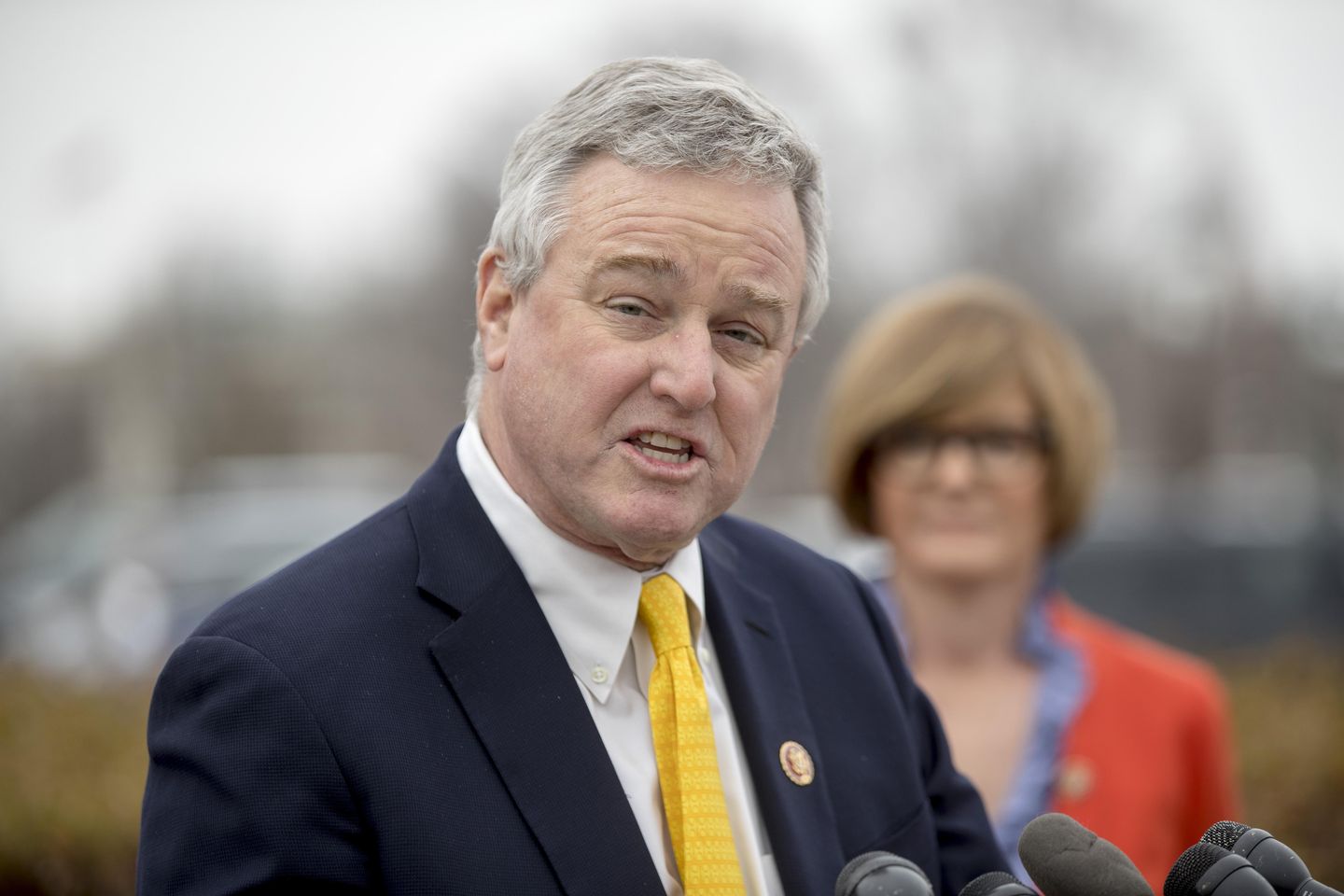Rep. David Trone has broken records for self-funding in a primary race by contributing an additional $18.5 million of his own money to his campaign for Maryland’s open Senate seat. This brings his total self-contribution to an all-time high, highlighting his commitment to securing the nomination for this coveted position. Trone’s significant financial investment demonstrates his determination to succeed in this race and his confidence in his ability to effectively represent the constituents of Maryland in the Senate.
Trone’s decision to self-fund his campaign to such a large extent sets him apart from other candidates who rely on donations from supporters and fundraising efforts to finance their political campaigns. By injecting millions of dollars of his own money into his campaign, Trone is able to fund extensive advertising, outreach efforts, and other campaign activities without being dependent on external sources of funding. This gives him a significant advantage in terms of resources and allows him to potentially outspend his competitors in the race for the Senate seat.
The unprecedented level of self-funding by Trone also raises questions about the role of money in politics and the potential impact of wealthy individuals funding their own campaigns. Critics may argue that self-funding to this extent can give wealthy candidates an unfair advantage in political races, as they are able to outspend their opponents and saturate the airwaves with advertisements. This could potentially drown out the voices of other candidates who do not have access to the same financial resources, leading to concerns about the influence of money in determining election outcomes.
On the other hand, supporters of Trone may view his self-funding as a demonstration of his dedication to public service and his willingness to invest in his own campaign in order to better serve the people of Maryland. By funding his campaign with his own money, Trone may be perceived as being less beholden to special interests or corporate donors, as he is not relying on outside funding sources to finance his campaign. This could resonate with voters who are looking for a candidate who is independent and committed to representing their interests without being swayed by external influences.
Overall, Rep. David Trone’s record-breaking self-funding of his campaign for Maryland’s open Senate seat highlights the complex dynamics of money in politics and the ways in which candidates can use their personal wealth to gain a competitive edge in political races. While his significant financial investment may raise questions about fairness and influence in elections, it also reflects his determination to succeed in this race and his confidence in his ability to effectively represent the people of Maryland in the Senate. Ultimately, voters will have the opportunity to decide whether Trone’s self-funding strategy is a positive demonstration of commitment and independence or a concerning example of the influence of money in politics.









